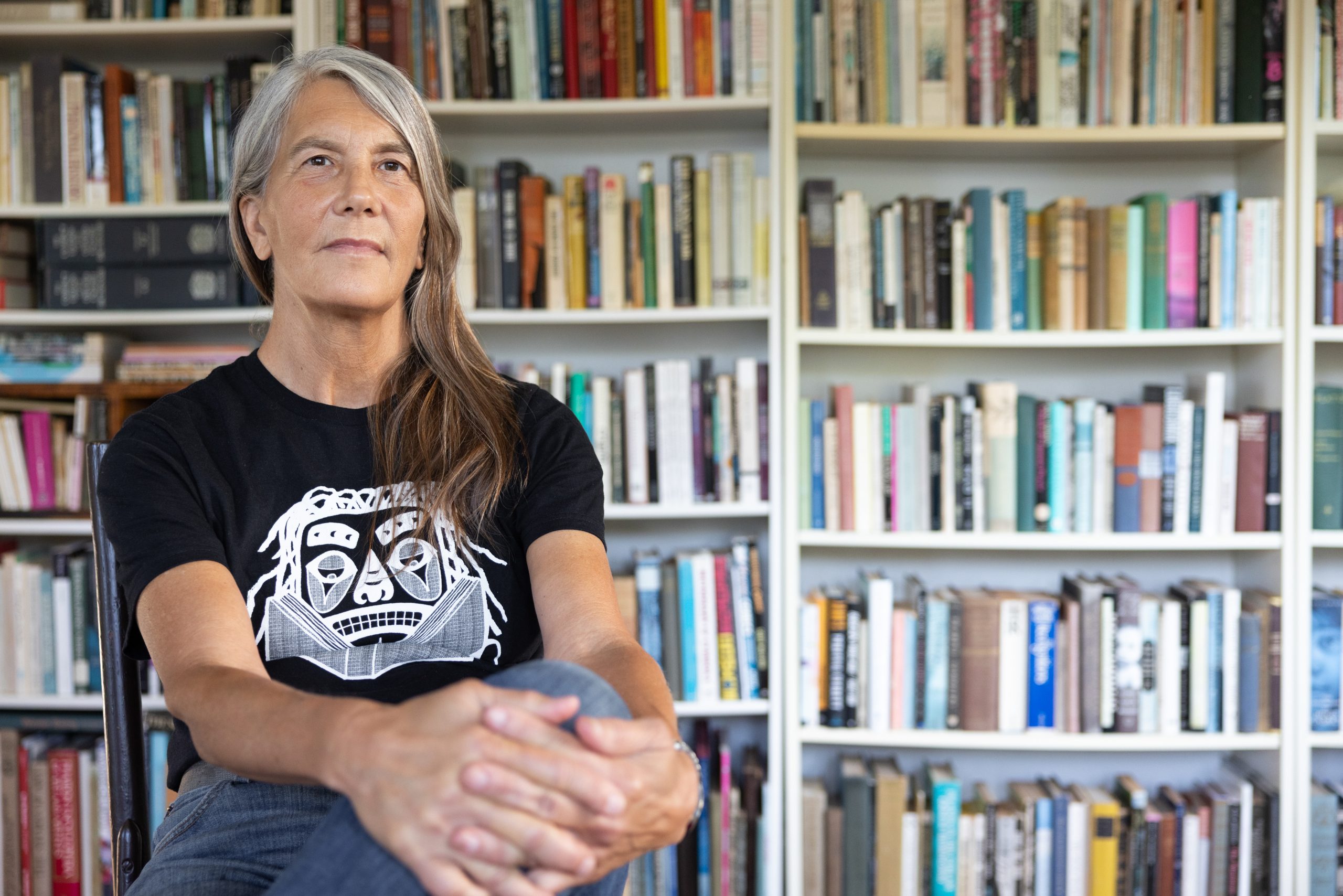Margaret Wickens Pearce, an alumna of Clark University in Worcester, has been named a 2025 MacArthur Fellow, earning herself the title of a genius grant recipient. The prestigious MacArthur Fellows program provides individuals an $800,000 no-strings-attached award, distributed over five years, to promote innovative, imaginative, and ground-breaking ideas and strategies, according to the fellowship’s website. […]
Already a Subscriber? Log in
Get Instant Access to This Article
Subscribe to Worcester Business Journal and get immediate access to all of our subscriber-only content and much more.
- Critical Central Massachusetts business news updated daily.
- Immediate access to all subscriber-only content on our website.
- Bi-weekly print or digital editions of our award-winning publication.
- Special bonus issues like the WBJ Book of Lists.
- Exclusive ticket prize draws for our in-person events.
Click here to purchase a paywall bypass link for this article.
Margaret Wickens Pearce, an alumna of Clark University in Worcester, has been named a 2025 MacArthur Fellow, earning herself the title of a genius grant recipient.
The prestigious MacArthur Fellows program provides individuals an $800,000 no-strings-attached award, distributed over five years, to promote innovative, imaginative, and ground-breaking ideas and strategies, according to the fellowship’s website.
“Please join me in congratulating Dr. Pearce for her achievement, commitment to making our world a better place, and representing Clark so well,” President David Fithian said in the university’s Wednesday press release. “Her contribution to society is important, impactful, and meaningful.”
Pearce graduated with her master’s degree from Clark in 1995 and her PhD in 1998. Today, she owns Studio 1:1 in the Penobscot territory in Rockland, Maine and is working on the projects Mississippi Dialogues and The Cold at Inuit Nunangat.
She won her award, colloquially referred to as a genius grant, for her work as a cartographer, which is a person who designs and creates maps.
A Citizen Potawatomi Nation tribal member, Pearce’s work foregrounds Indigenous Peoples' understanding of land and place.
“I think of cartography as a way of writing about concepts that are hard to convey in the mere text,” Pearce said in a video on the fellowship’s website. “Cartography can help us keep narrative situated in space, or it can also follow narrative through space.”
After graduating from Clark, Pearce held faculty positions at institutions including the formerly-named Humboldt State University in California, Ohio University, and University of Kansas.
Among her cartography work is Coming Home to Indigenous Place Names in Canada, a map documenting the traditional location names and sovereignties of Indigenous and First Nations Peoples in the country. Pearce was given permission from the Métis and Inuit communities, who participated in the undertaking, to represent some of their names on the map.
“I really work hard in that map to convey that we don’t see place names as residing in the past. They reside at all time scales. They are part of the past, they reside in our present, and they also guide us toward the future,” Pearce said in the video. “Maps can tell Indigenous stories. They can also incorporate Indigenous narrative structures to tell those stories in an Indigenous way.”
Her work has been featured at institutions including the Boston Public Library’s Leventhal Map & Education Center, The Field Museum in Chicago, and the Onsite Gallery at the Ontario College of Art and Design University.
“Maps can tell Indigenous stories. They can also incorporate Indigenous narrative structures to tell those stories in an Indigenous way,” Pearce said. “I hope to raise people’s awareness of the world around them and inspire their curiosity to learn more for better understanding of that world.”
MacArthur fellows are selected based on three criteria: exceptional creativity, the potential for significant forthcoming advances based on significant accomplishments which can be bolstered by support and the prospect for the fellowship to facilitate subsequent creative work, according to the fellowship’s website.
This year’s 22 recipients include artists, scientists, photographers, engineers, and biologists. Past prominent winners of the award include playwright and performer Lin-Manuel Miranda and the science fiction author Octavia Butler.
“The 2025 MacArthur Fellows expand the boundaries of knowledge, artistry, and human understanding. They focus our attention on microbial worlds and distant stars, community vitality and timeless traditions, sacred and improvisational music, and shared histories of our time on Earth,” Kristen Mack, vice president, communications, MacArthur Fellows, and Partnerships, said on the website. “With virtuosity, persistence, and courage, they chart new paths toward collaborative, creative, and flourishing futures.”
Mica Kanner-Mascolo is a staff writer at Worcester Business Journal, who primarily covers the healthcare and diversity, equity, and inclusion industries.

